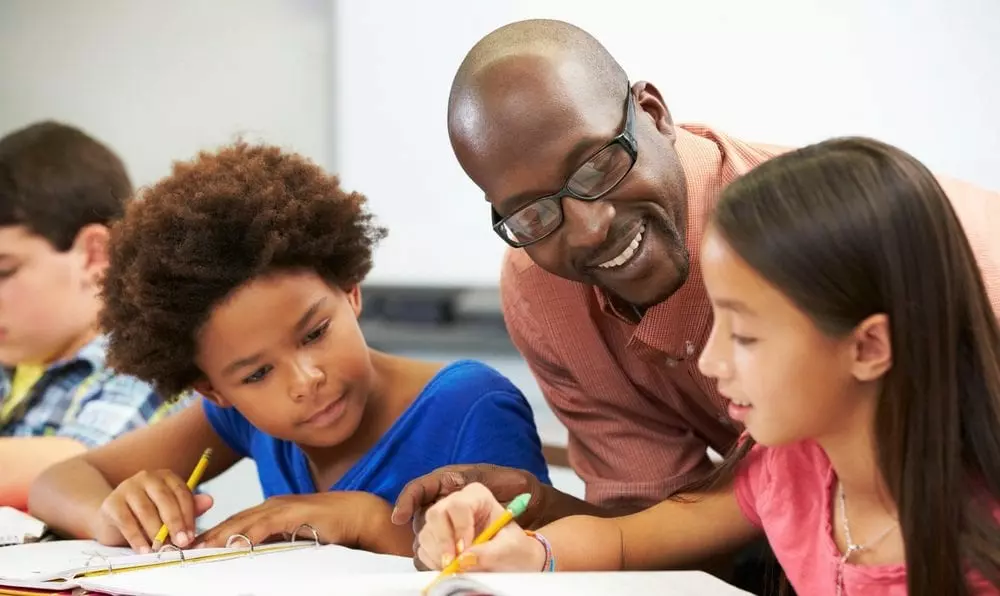
Most people love the idea of working with children but not everybody has the skills or the personality for it. Kids, contrary to what you might have been told or brought up to believe, are not simply “regular people in miniature form.” They are unique beings who are still developing into the people you’re used to dealing with in the adult world which means they haven’t yet learned most of the skills, coping mechanisms, and boundaries that you take for granted as being inherent.
Working with children is much different from working with adults. And furthermore, working with little kids is much different from working with older kids. If you’ve got your heart set on working with children (whether as an educator, an entertainer, or in human services), here are five skills you need to hone.
Patience
Patience is crucial when working with children because they have unique ways of processing information that differ from adults. It can be challenging to bridge the gap between your knowledge and their understanding, leading to potential frustration. Expect to repeat yourself frequently, provide explanations repeatedly, and handle various distractions that may divert their focus. Maintaining a deep well of patience is essential to prevent frustration from creeping in.
Note: Kid time is much different than grown-up time. If you have ever played “house” with a young child, you’ll know what we’re talking about.
The Ability to Hide Frustration or Annoyance
Kids can pick up on even the slightest shift in your demeanor. It is important that you learn how to hide tiredness, frustration, etc. You don’t have to be happy all the time and it is okay to let a child know that you are not happy with him when he or she misbehaves. Groaning when they insist on a twelfth read through of The Hungry Caterpillar, however, can be demoralizing for them. Learn how to hide your boredom, frustration, and exhaustion.
Hint: Movie night wasn’t invented out of thin air!
Keeping Calm in an Emergency
Kids freak out when adults freak out. This can make a stressful situation infinitely worse. It is important, then, to learn how to keep your cool when things go awry—even if your heart is pounding and things around you are chaotic. Working with children—especially in large groups—means maintaining a calm presence even when everything else is overwhelming. Remember—your kids will look to you for how to act and deal with everything.
Pro Tip: The best way to develop this sense of calm is to learn how to deal with difficult situations yourself. For example, going through first aid training and child and infant CPR classes will help keep you calm when emergencies happen because you’ll know what to do.
Communication
A lot of adults think in order to work with kids, they need to be able to “dumb down” the information they’re sharing. This is an unnecessarily burdensome misconception. There’s a difference between “dumbing down” information and using examples children can relate to when you need to illustrate an idea. Children learn primarily through examples and stories, so talking about situations they can relate to is the best way to teach them new skills and explain new concepts.
Enthusiasm
You have to actually like and enjoy spending time with kids if you ever want to work with them successfully. Kids know when an adult is uncomfortable and many get a kick out of exploiting that discomfort. You also have to have enthusiasm for the things you’re trying to teach the kids you’re working with. Kids aren’t going to want to do or learn anything that you talk about with a frown.
These are just five skills and qualities that you need to master if you want to successfully work with children. Most of the more technical skills, you’ll find, will fall under one of these umbrella traits.











